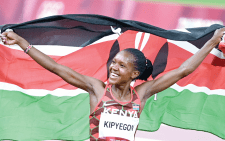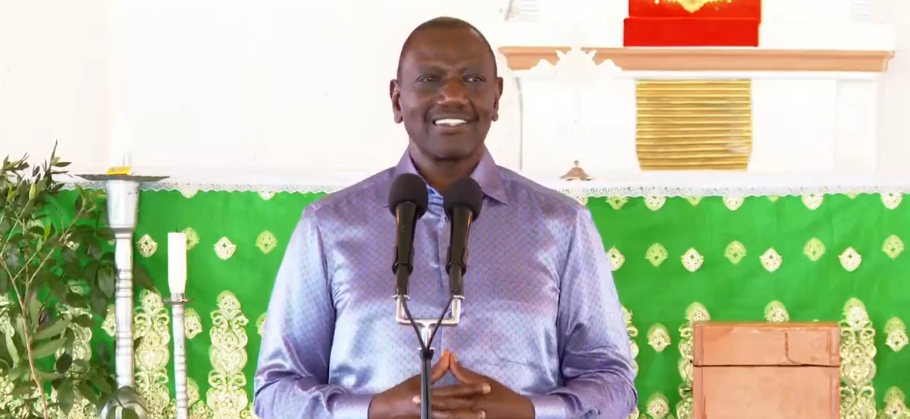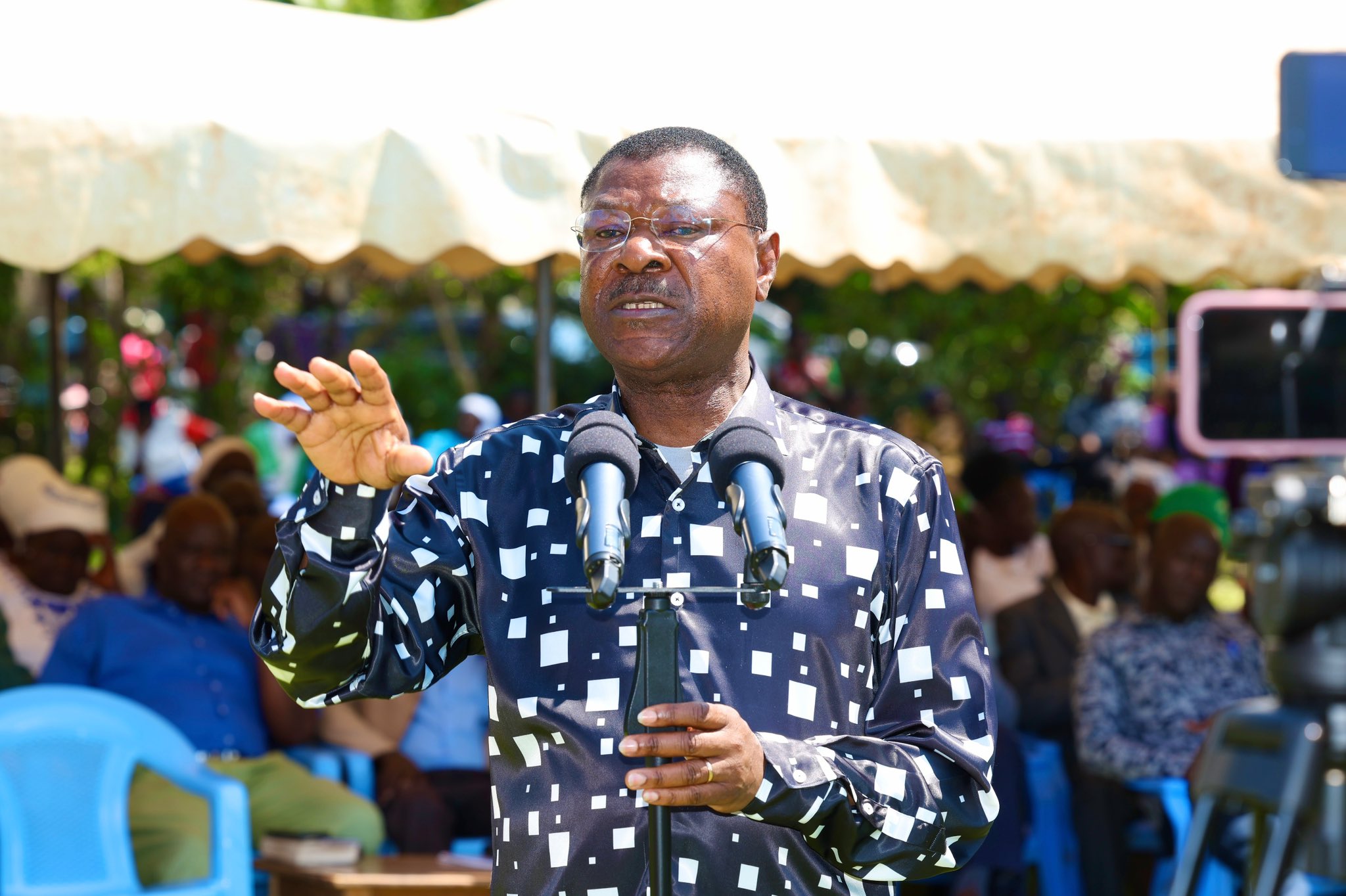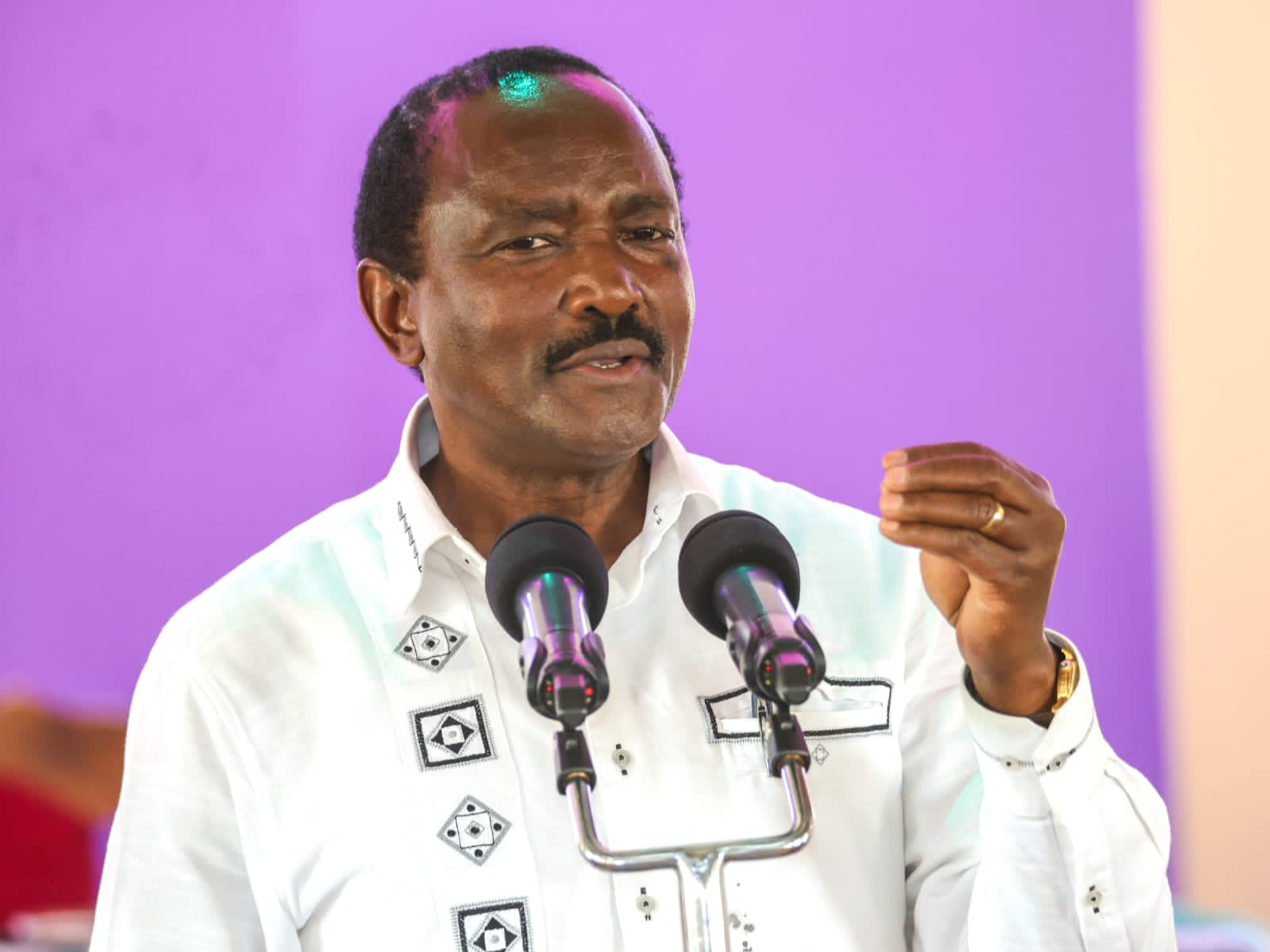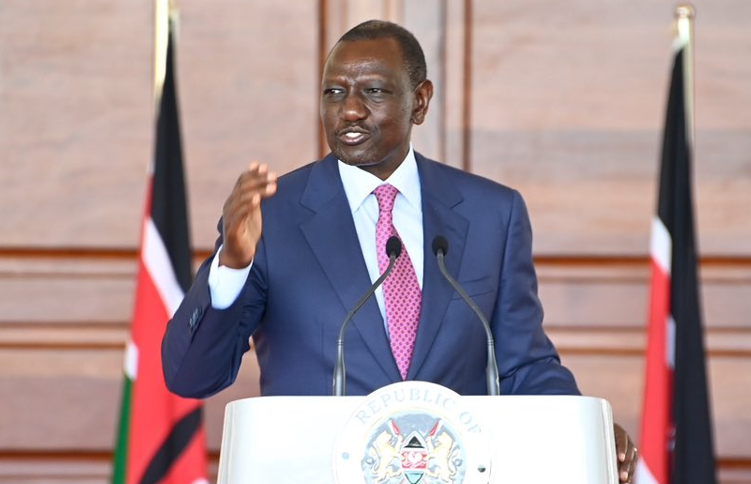Press: Kenyan media must chart out strategic course

The Kenyan media tend to roll on, from one instance to the next, often with little guidance, but plenty of debate and demand from veteran journalists that all is fine so long as the media are free.
The understanding of freedom is equally tempered because for many it means to have a free say and to get the raciest story, often with little regard to the strategic place of the story in the life of the nation.
The rest of the world is strategically positioning its media with regard to Africa. The Americans with CNN and Bloomberg, the British with BBC, the French with their various media outlets and even more strategically the Chinese with their media platforms.
United States may sound like a paragon of freedom, their media outlets, CNN and Bloomberg, among others, being seen as unfettered tools operating with little let or hindrance, but it has to be understood that these tools are in the hands of American merchants of commerce and their strategic design read the mood of these merchants. The others are no different.
The French are loath to speak to you in English and often for good strategic reasons not the least to protect the national language and also, in a nuanced way, transmit French philosophy and culture — yet they now operate television and other media in English to reach Africa.
In meetings, the Chinese, their mastery of other languages notwithstanding, will offer address in their mother tongue.
Yet China has launched an international television production outfit and headquartered it in Nairobi, China Radio International broadcasts in fluent Swahili to this region and their news agency has never been stronger.
The notion that the market should determine the trajectory of a strategic resource could be very misplaced. Rwanda Air is taking on the world so far with a great deal of success and not without a strong hand behind it.
The new kids on the block, Uganda Airline and Tanzania Airline are starting off and their success will be dependent on strategic decisions made in Kampala and Dodoma.
In my little village, mothers have a crude way of giving porridge that has no sugar to their children. The baby’s hands are held down, the nose blocked and in no time the process is over and the baby is full.
If you were to leave it to market forces, to what the child would choose, none of them would choose to take the porridge without sugar and the result would be disastrous — malnourished little babies.
Strategic considerations are thus important to provide the direction that media sector take given the important role the fourth estate plays in the evolution of the nation.
The policies currently obtaining with regard to American press may be good for the United States of America, a democracy three and half centuries in the making, and with strong institutions to shepherd waywardness into the mainstream.
Some things work well in the UK, but they have a tradition built over millennia now ingrained in their DNA. What is it that went wrong for South Africa, a country that only two decades ago was the model for the world?
Today, South Africa is struggling to shed off that label of falling into the African pattern. Electricity is intermittent; the national airline has gone from award winning to hardly staying afloat and the national broadcaster that had correspondents across the continent is now a pale shadow of its former self.
The Kenyan media sector cannot be a free for all, picking up what every one with a microphone fancies from anywhere and hoping that the nation will fashion an industry that will serve our national strategic objectives.
Four years ago, with objections filed in the court corridors and TV stations shutting down in protest, Kenya matched on migrating from analogue to digital broadcast. Few understand the benefits this country has reaped from that strategic decision. Important policies must be in place to guide so strategic a sector. —The writer is the Dean, School of Communication, Daystar University
